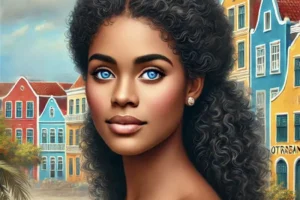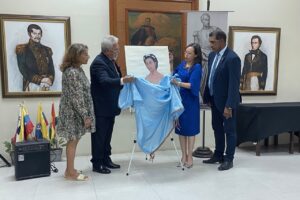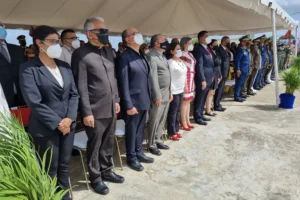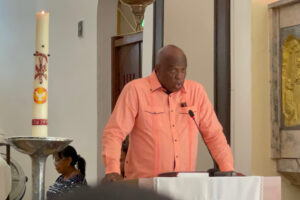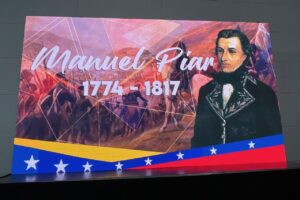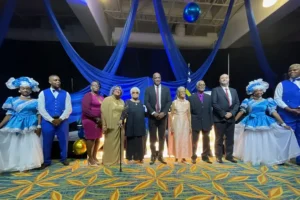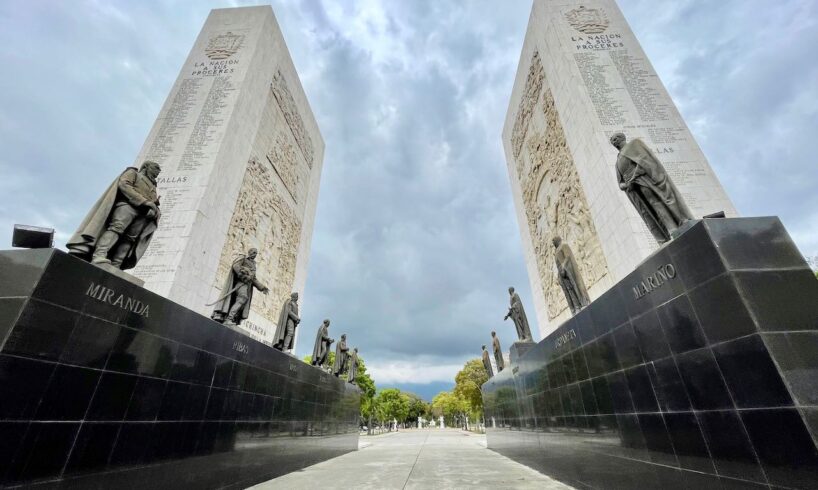
Manuel Carlos Piar, a name that resonates with courage and the pursuit of freedom, holds a significant yet complex place in the history of Latin America and the Caribbean. Born in Curaçao and a key figure in the Venezuelan war for independence, Piar is remembered not only as a military leader but as a champion of equality, representing the rights of Mestizos, Africans, and Indigenous people. His legacy, however, has not been immune to political maneuvering and rivalry, which have at times distorted his contributions and overshadowed his ideals of unity and justice.
The Revolutionary Spirit
Piar’s life reflects a deeply revolutionary spirit. As an adept multilingual strategist, Piar fought alongside Simón Bolívar to liberate Venezuela from Spanish colonial rule. Yet, his vision extended beyond mere independence; he sought social justice and the dismantling of the racial caste system that marginalized non-European populations. His leadership attracted the disenfranchised, offering them not only a role in battle but a stake in the future of a nation where they had long been denied rights and recognition.
In a society divided by class and race, Piar’s commitment to equality was radical. His army was a powerful blend of cultures and backgrounds, embodying the very society he dreamed of creating—a nation where freedom wasn’t just for the elites but for all. Piar’s dedication to empowering marginalized groups laid the foundation for the principles of equality and inclusivity that are now cornerstones of modern democratic societies in Latin America and the Caribbean.
Political Rivalry and Betrayal
However, Piar’s radical vision and growing popularity created tension with some of his peers, especially Bolívar. While both men shared a commitment to independence, their visions for the future diverged. Bolívar, though an advocate of independence, held reservations about Piar’s social reforms, which threatened the existing power structure that Bolívar, a member of the elite class, was part of.
The rift between Bolívar and Piar wasn’t merely ideological; it became personal. Bolívar viewed Piar’s popularity and influence as a threat to his leadership and to the unity of the independence movement. The resulting power struggle reached a peak when Piar was arrested and, ultimately, executed on October 16, 1817. His death, justified under charges of insubordination, was a profound loss to the independence movement and to the broader vision of a truly egalitarian Latin America.
Legacy and Misrepresentation
The legacy of Manuel Piar continues to be controversial. While Bolívar is celebrated as “El Libertador,” Piar’s contributions are often overshadowed or minimized in official narratives. The very principles that Piar fought for—racial equality and social justice—were sidelined in favor of a narrative that highlighted independence without challenging the social hierarchy.
In Curaçao and Venezuela, Piar’s name is commemorated, yet the depth of his vision often remains unexplored. His mixed heritage and his insistence on equality make him a powerful symbol for contemporary struggles against racial injustice and class discrimination, yet these aspects of his legacy are frequently ignored in official commemorations. Political agendas have continually reshaped his story, reducing him to a mere military figure and stripping away the radical values he stood for.
The Modern Relevance of Piar’s Vision
Today, as the Caribbean and Latin America continue to grapple with issues of racial inequality, social justice, and economic disparity, Piar’s legacy is more relevant than ever. His dream of an inclusive society, where every individual has a voice and a place, speaks to the heart of modern movements for equality and social reform. In a world increasingly divided by race and class, Piar’s ideals remind us that freedom without justice is incomplete.
The challenge lies in reclaiming Piar’s full legacy from the clutches of political rivalry and historical revisionism. His life story should be celebrated not just as a chapter in the independence movement but as a call for societal transformation—a call that remains unfulfilled.
Piar’s vision invites us to confront uncomfortable truths about our societies. It demands that we question the narratives that prioritize certain voices while silencing others and that we champion a more inclusive history, one that embraces heroes who fought not only for independence but for equality.
A Legacy Worth Preserving
As the world remembers Piar, it is essential to honor his vision in its entirety. Beyond the statues and plaques, the true tribute to Piar lies in a commitment to the values he held dear: unity, equality, and justice. Only by acknowledging and addressing the historical injustices he sought to dismantle can we fully appreciate the legacy of Manuel Piar—a legacy threatened by political rivalry but resilient in the face of time.
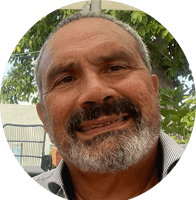
Tico Vos is a professional photographer, producer, and tourism specialist. He has been documenting the History, Culture, and News of Curaçao. This site is a documentation of the history of Manuel Carlos Piar.

